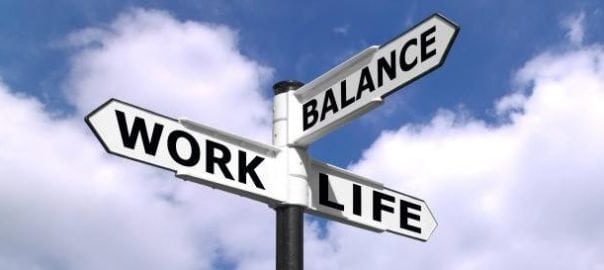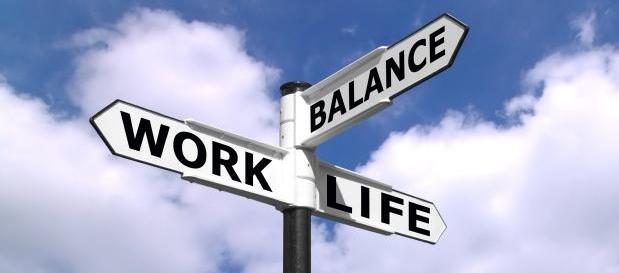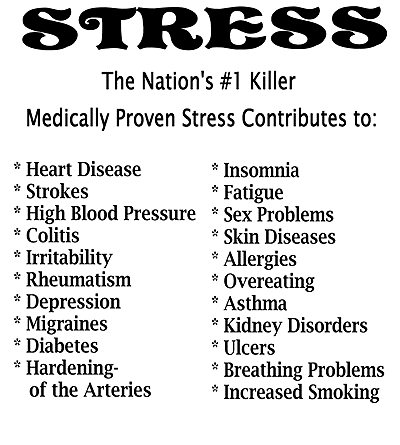Let’s agree not to go into the New Year filled with last year’s tension or without a plan to avoid new stress. In fact, let’s take this time to lay the groundwork for one now.
Stress is a feeling of emotional or physical tension. Stress by itself isn’t the problem; in fact, stress can be a powerful motivator. After all, that’s what the “fight or flight” response is – a response to stress. The issue becomes when you can’t manage your stress.
Remember that stress comes in different forms, including emotional and physical. Emotional stress is mental and impacts your ability to respond to situations you find challenging. This type of stress is individualized – what one person considers stressful, someone else might not. Physical stress is the body’s response to triggers. A simple example is what happens if you place your hand in fire. Your body gets burned. That burn is a physical stress on your body. Interestingly, each type of stressor may result in the other. For example, that burn causes you to have emotional pain to accompany the physical pain. In another instance, your emotional stress may produce physical stress such as sweating, vomiting, blackouts or abnormal heartbeats.
You have to get in front of tough situations and learn stress management. You need to learn to reduce, control, defect and channel tension away from its potentially crippling effects. Don’t think it can’t be done: just as the fireman runs into a burning building, the pilot navigates a crashing plane to safety or the emergency physician saves a live without being swallowed up by the magnitude of the moment, you can conquer the challenge confronting you.
Today, I want to focus on 5 factors that play into your development of physical and emotional stress: attitude, diet, physical activity, relaxation habits and support systems. These factors not only work against you if they’re not healthily managed and working to your advantage, but they are the basis for the stress management program we’ll build for you.
- Attitude: Your perspective and attitude make you interpret the same situation or trigger either negatively, positively or indifferently. A negative attitude goes along with more stress.
- Diet: One’s poor eating habits literally place the body in a state of physical stress and weakens the immune system, resulting in an easier ability to contract a variety of diseases. Poor nutrition eventually will affect the brain and result in additional physical and emotional stress resulting from sub-optimal function of the brain.
- Physical activity: Insufficient physical activity will eventually put the body in a stressed state due to diminished blood flow to your organs. Just as a feeling of well-being will reduce stress, being ill and/or out-of-shape will increase stress.
- Relaxation: Your inclination and willingness to allow your body to rest and recharge has ramifications for both physical and emotional stress. This involves taking time to sleep as well as enjoy life. If you’re not relaxed, you’re probably going to be stressed.
- Support systems: The presence or absence of individuals and groups to help you through potentially stressful situations has the power to diffuse or magnify a situation and its associated stress.
Please take the time between this post and the upcoming post on developing a stress management program for you to assess your own situation, including the factors just mentioned. You’ll learn a lot about yourself and be better prepared for what comes next.
Feel free to ask your SMA expert consultant any questions you may have on this topic.
Thanks for liking and following Straight, No Chaser! This public service provides a sample of what http://www.SterlingMedicalAdvice.com (SMA) offers. Please share our page with your friends on WordPress. We are also on Facebook at SterlingMedicalAdvice.com and Twitter at @asksterlingmd.
Copyright © 2014 · Sterling Initiatives, LLC · Powered by WordPress



